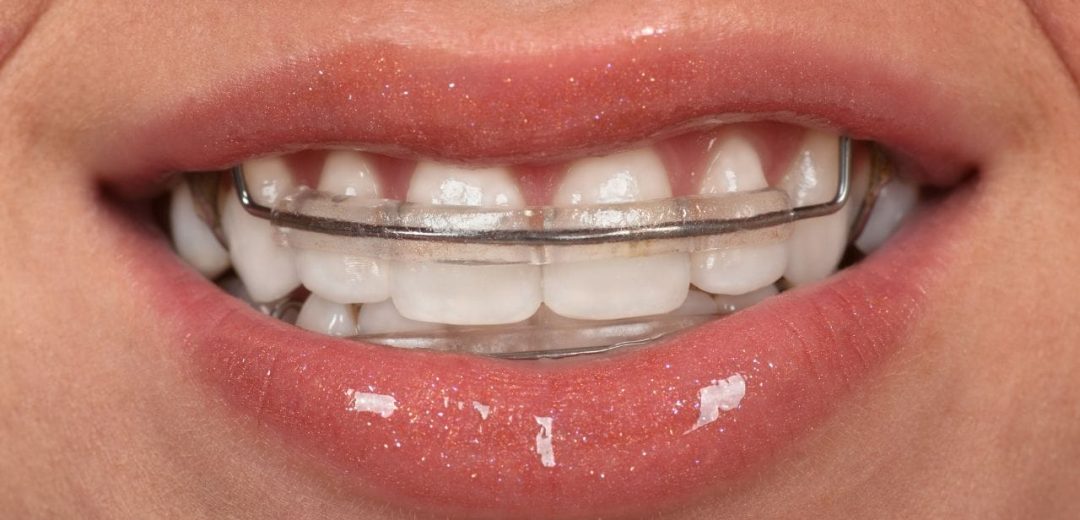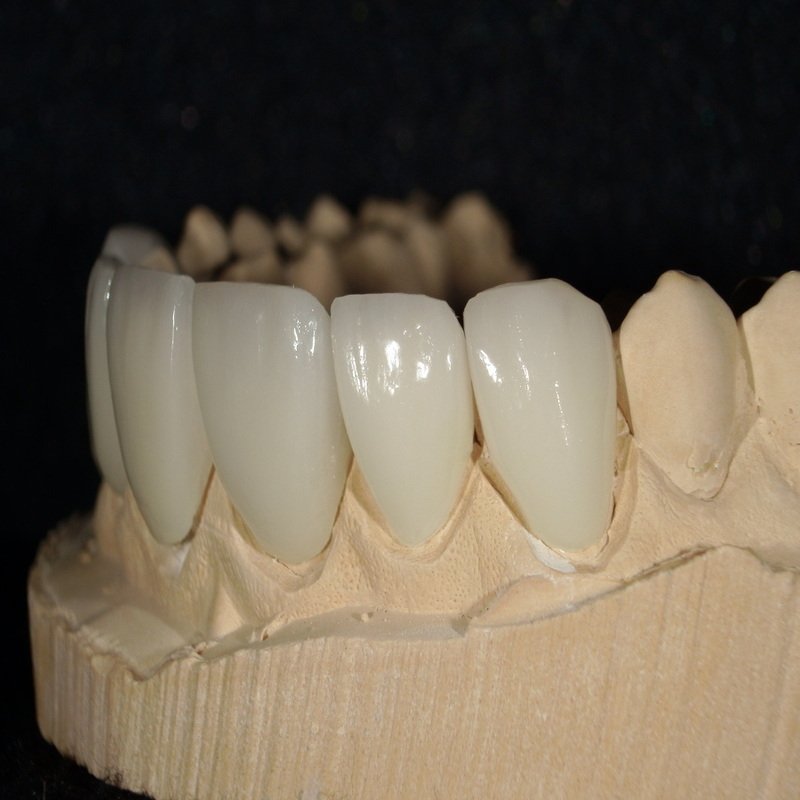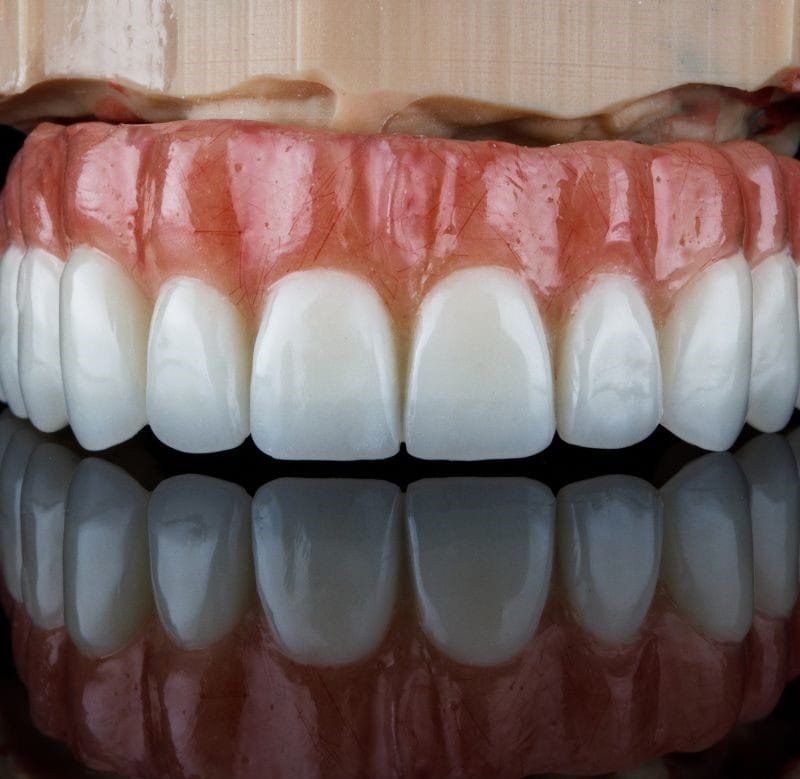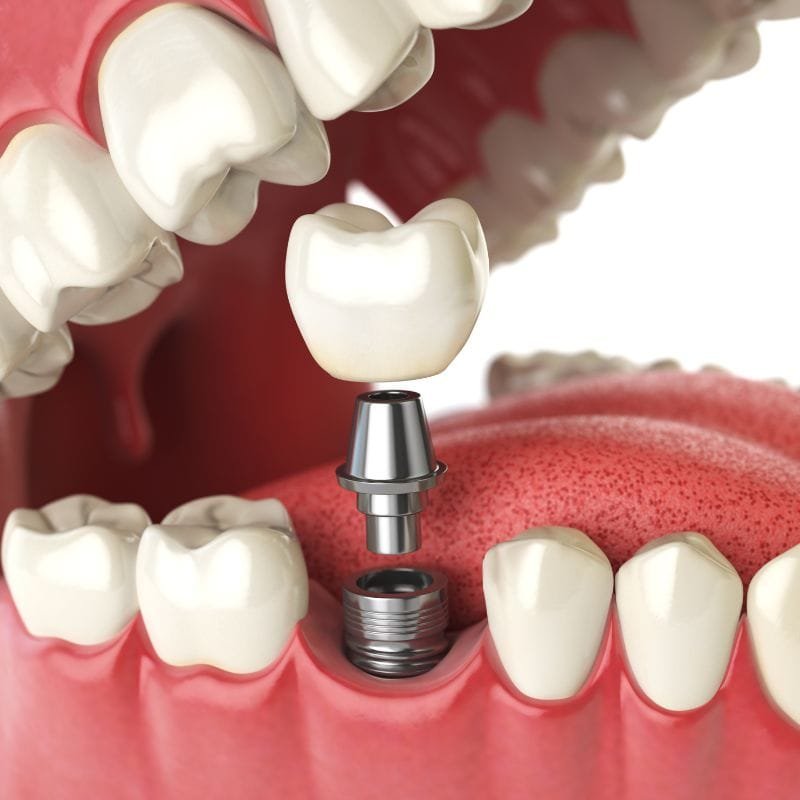What are the advantages and disadvantages to Permanent Retainer
A permanent retainer is a metal wire attaches to your teeth to create permanent or fixed retainers. This wire is usually smooth and solid sometimes. It has a braided texture. It is linked to your teeth and adjusted to your bite to keep them from cropping.
If you’re having trouble sticking to your orthodontist’s detachable retainer requirements, they may recommend a permanent retainer. However, the bonding substance needs a particular tooth surface area to secure the retainer.
For the best long-term outcomes, orthodontists frequently utilize a combination of removable and permanent retainers.
Removable retainers are normally used on the top teeth, and permanent retainers are typically used on the lower teeth. Your dentist will determine the optimum retainer for your teeth.
Let’s look at how permanent retainers function, how they compare to others, and how to clean and care for them to maintain your best smile.
Who Is a Good Candidate For a Permanent Retainer?
A permanent retainer is ideal for someone who worries about remembering to wear and adjust their retainer daily. It’s hidden inside, so it’s pretty much unnoticeable. It stays put, and you can clean it with brushing and flossing.
What’s The Difference Between Permanent & Removable Retainers?
Advantages of permanent retainers
Once your braces come off, it’s easier to maintain your teeth in place because you don’t have to take them on and off. Because it’s behind your teeth, no one else will know it’s there but you.
- It has little to no effect on speaking, so you won’t feel self-conscious.
- It’s impossible to lose because it’s firmly attached to your teeth.
- It’s tough to harm your mouth from typical daily use.
- The retainer is always positioned, keeping your teeth in place and aligned.
Advantages of removable retainers
- You can take them out when eating or brushing your teeth.
- It’s a rapid procedure.
- You can floss easily.
- Cleaning them is simple. You have to soak them in one of the cleaning solutions available.
- Because the lower teeth may bite on an upper fixed retainer, removable retainers may be preferable for upper teeth.
- If you think it will be challenging to use a retainer for comfort or cosmetic reasons, a permanent retainer may seem like a terrific option to the one you must put on or take off all the time. Both retainer types, however, offer advantages and disadvantages.
- It has little to no effect on speaking, so you won’t feel self-conscious.
- It’s impossible to lose because it’s firmly attached to your teeth.
- It’s tough to harm your mouth from typical daily use.
- The retainer is always positioned, keeping your teeth in place and aligned.
Disadvantages of removable retainers
Here are some essential things to have in mind when it comes to permanent retainers, as well as some potential drawbacks to have in mind:
- Attaching a permanent retainer can be a time-consuming procedure. Bonding a retainer to your teeth can take up to an hour. For a removable retainer, you must take a short imprint that an orthodontist can use to create one that fits your mouth perfectly.
- Brushing and flossing around a permanent retainer takes more time and effort. If you don’t clean around it properly, you risk developing cavities and gum disease.
- The wire may irritate your tongue, which may become inflamed or scraped if the bond or wire breaks.
- Biting into hard foods, such as an apple whole or a rough steak, can cause the wire to bend out of shape. Foods heavy in artificial sugars, like soda, can wear away the bonding substance, causing the retainer to weaken its grip on the teeth.
- The wire may break or debond, necessitating repair or replacement. You may have to pay a replacement charge to create a new one.
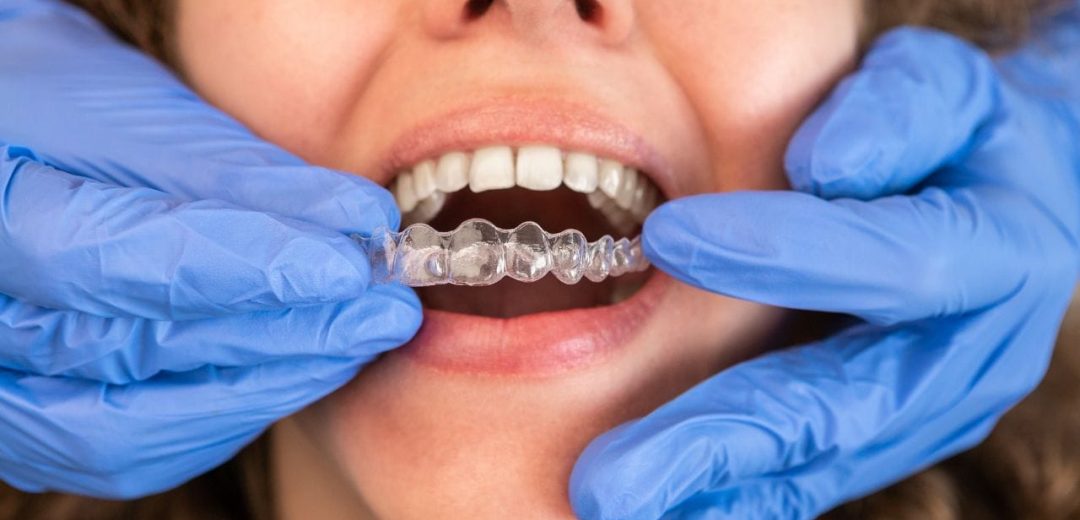
What If Your Permanent Retainer Breaks?
What happens when, all of a sudden, your retainer breaks? The solution’s pretty straightforward. You should seek treatment from Orthodontic Experts as soon as possible.
You will most likely have the option of having it removed and replaced or getting a removable one so your permanent one does not break again.
If your retainer is broken in any way, you should evaluate the damage right away. If a wire has become loose or is jutting out and causing pain and discomfort, you should see an Orthodontic Expert to have it repaired.
Because wearing a permanent retainer is similar to braces, avoid hard, sticky, or gummy foods. You don’t want your bonded retainer to fall out further than it already has.
If your retainer cuts your tongue or the inside of your cheek, rinse your mouth with warm salt water to avoid infection and aid healing.
You can choose between permanent retainer or moutguard. If you wish to schedule an appointment with one of our dentists, please don’t hesitate to start the journey for a healthy smile! Or Visit our Website for more information about us.
